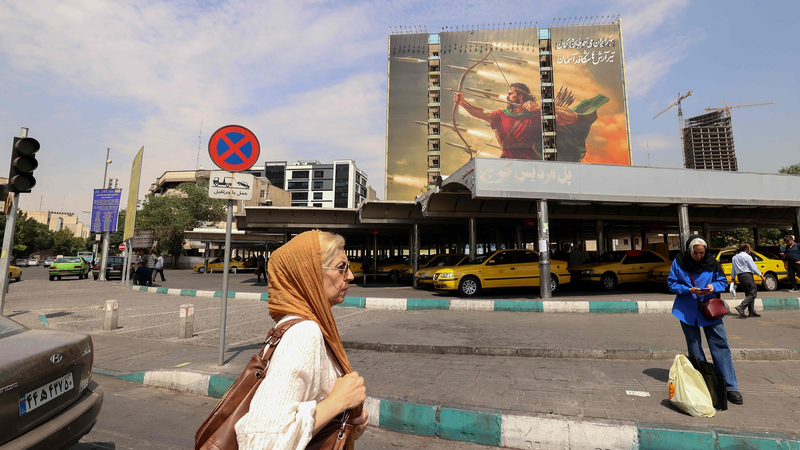Iran’s army announced it has replaced the air defense systems that were damaged during Israel’s surprise bombing campaign in mid-June, according to state media citing army operations chief Brigadier General Mahmoud Mousavi.
The unprecedented air assault by Israel targeted radar sites and missile batteries across the country, forcing Tehran to scramble its defenses in Tehran and other key cities. In response, Iran launched a series of drone and missile attacks at strategic locations in Israeli territory.
"The Zionist enemy sought to destroy Iran’s defense capabilities, and some of our defense systems were damaged in that war," said Mousavi, as reported by IRNA. "The damaged defense systems have now been replaced." This rapid turnaround highlights Tehran’s focus on maintaining a robust shield against future threats.
Iran’s layered air defense network combines domestically built platforms such as the Bavar-373 and Khordad-15 with imported technology, including Russia’s S-300 systems installed in 2016. Experts say this hybrid setup gives Iran both long-range missile interception and short-range aircraft defense.
For entrepreneurs, tech enthusiasts, and policy watchers, this move underscores how defense innovation shapes Middle East stability—and why shifts in military readiness can impact global security and markets.
Reference(s):
Iran says air defense systems damaged in Israeli attacks replaced
cgtn.com




